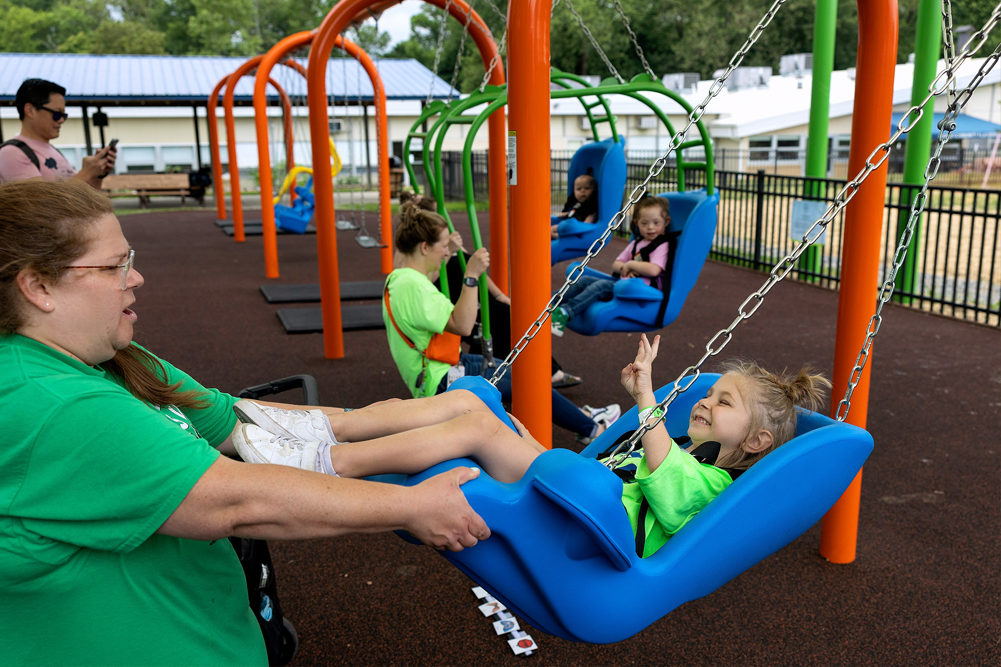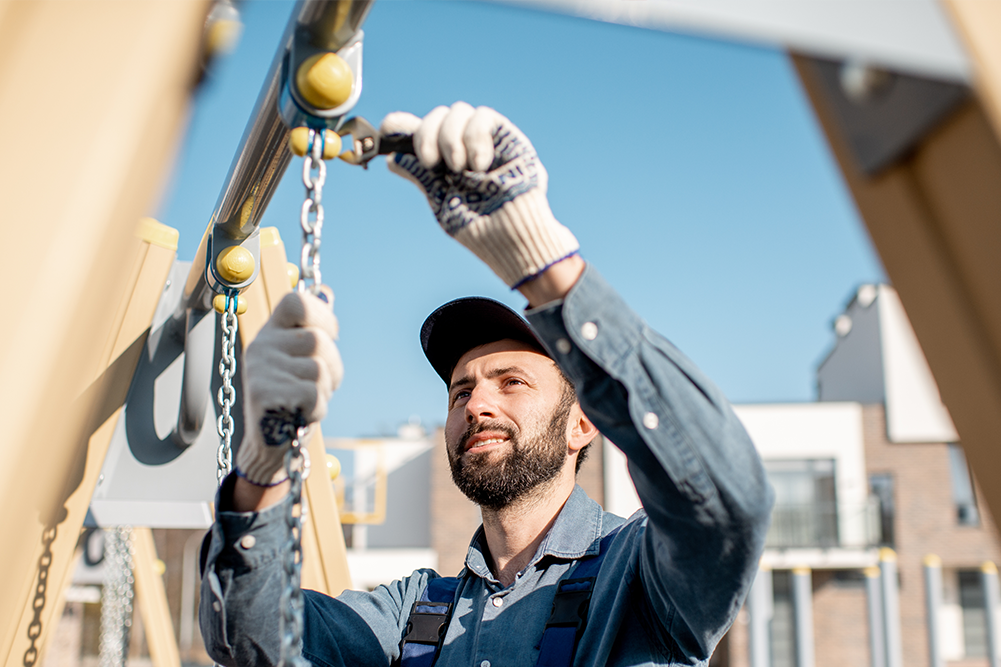Outsourcing vs. In-House Playground Inspections:
A Competitive Analysis
Ensuring playground safety is critical for schools, parks, and recreational areas. Choosing between outsourcing playground inspections and handling them in-house involves evaluating several factors. Here's a comprehensive comparison of both approaches:
1. Expertise and Quality
Outsourcing
- Pros: External companies specialize in playground inspections and often have highly trained, certified inspectors with extensive experience. They stay updated with industry standards and regulations.
- Cons: Quality depends on the chosen provider. A thorough vetting process is necessary to ensure the company's reliability and expertise.
In-House
- Pros: Direct control over the inspection process. Inspectors can be trained according to the specific needs and standards of the organization.
- Cons: Building a team with the same level of expertise as specialized external inspectors can be challenging and time-consuming.
2. Cost
Outsourcing
- Pros: Can be cost-effective as it eliminates the need for hiring, training, and retaining in-house staff. Only pay for the services when needed.
- Cons: Costs can add up over time, especially if frequent inspections are required. Some companies may have hidden fees.
In-House
- Pros: Initial investment in training and equipment, but potentially lower ongoing costs if inspections are frequent. No need to pay for external services regularly.
- Cons: Higher upfront costs related to hiring and training staff. Ongoing expenses for salaries, benefits, and equipment maintenance.
3. Flexibility and Availability
Outsourcing
- Pros: External companies can often provide flexible scheduling and have the capacity to handle urgent inspections or large-scale projects.
- Cons: Availability depends on the external company’s schedule, which might lead to delays if they are busy.
In-House
- Pros: Immediate availability of staff for inspections, allowing for quick responses to urgent needs.
- Cons: Limited by the size and capacity of the in-house team. Might struggle with large-scale or frequent inspection demands.
4. Accountability and Liability
Outsourcing
- Pros: External companies often carry their own insurance and assume liability for their inspections, potentially reducing the organization’s risk.
- Cons: Reliance on the third party to correctly identify and report issues. Miscommunications or errors can lead to liability issues.
In-House
- Pros: Direct accountability and control over the inspection process. Better integration with other internal processes and departments.
- Cons: The organization bears full responsibility for any inspection errors or oversights, which could increase liability risks.
5. Technology and Tools
Outsourcing
- Pros: Access to the latest inspection tools and technology without additional investment. External companies may use advanced software and equipment.
- Cons: Dependence on the provider's technology choices, which might not align perfectly with the organization’s needs.
In-House
- Pros: Ability to choose and customize tools and technology according to specific requirements.
- Cons: Initial investment in purchasing and maintaining advanced inspection tools and software.
The decision to outsource playground inspections or manage them in-house depends on various factors, including budget, expertise, flexibility, and liability considerations. Outsourcing can offer access to specialized knowledge and flexibility, often at a lower initial cost. However, in-house inspections provide greater control, immediate availability, and potentially lower long-term costs, albeit with higher initial investments and responsibility for liability.
Organizations should weigh these factors carefully to determine the best approach for ensuring the safety and compliance of their playgrounds. If you have any questions, please don’t hesitate to reach out: https://playgroundguardian.com/consultation/





